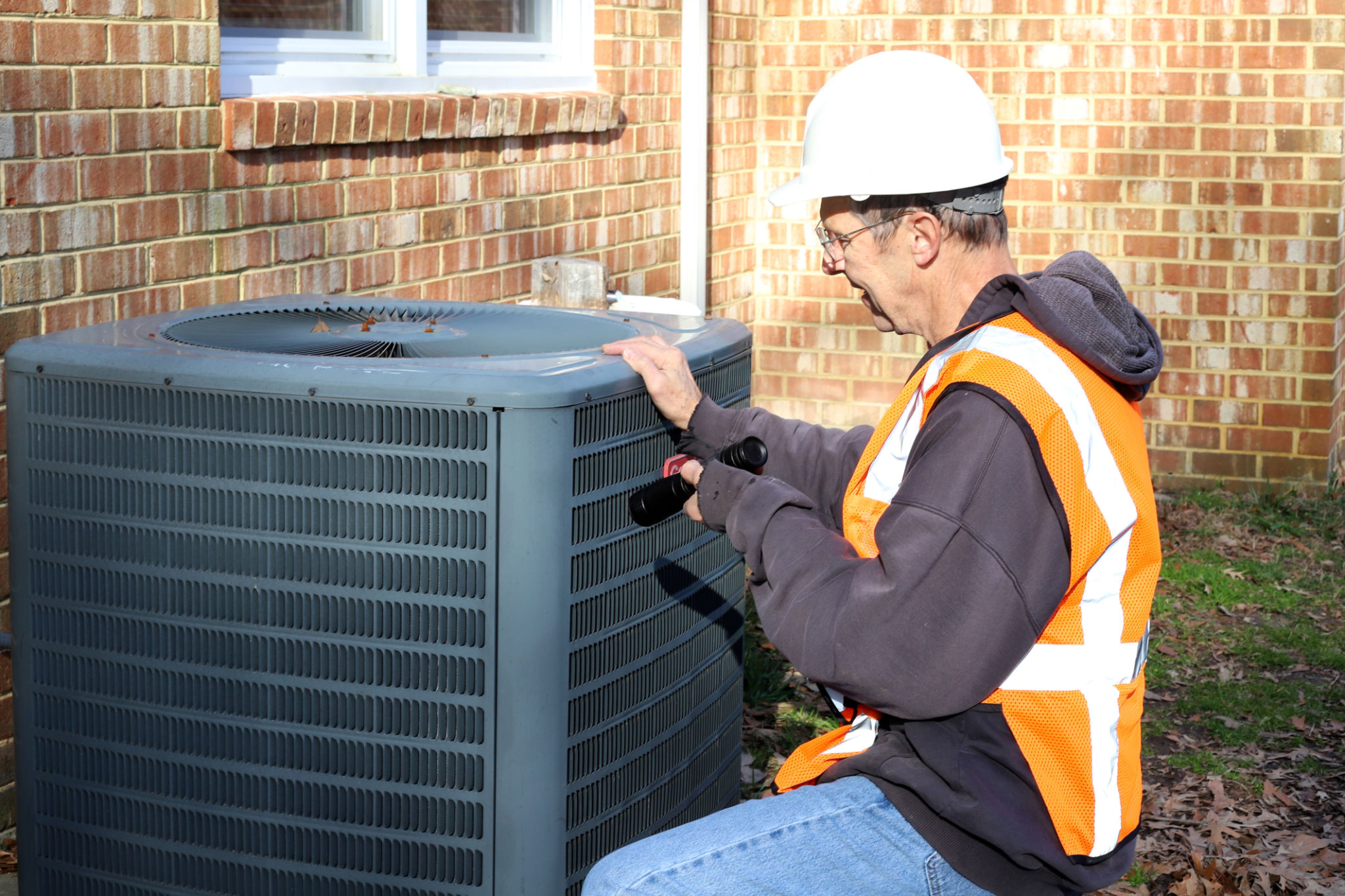Preparing Your Commercial Building for Seasonal Changes: A Facility Manager’s Guide
Understanding the Importance of Seasonal Preparation
As a facility manager, staying ahead of seasonal changes can significantly impact the efficiency and safety of your commercial building. Preparing in advance for weather variations not only helps in maintaining smooth operations but also reduces unexpected repair costs. Proactive preparation ensures that your building remains comfortable for occupants year-round.

Conducting a Comprehensive Inspection
Exterior Assessment
Begin by assessing the exterior of your building. Look for any signs of wear and tear, such as cracks in the walls or foundation, which can worsen with seasonal changes. Check the roof for loose or missing shingles and ensure gutters are clear of debris to prevent water damage.
Interior Inspection
Inside the building, pay close attention to HVAC systems. Clean or replace filters to ensure optimal air quality and energy efficiency. Examine insulation and seal any gaps around windows and doors to maintain temperature control and reduce energy costs.
Preparing for Colder Months
As colder months approach, ensure that your heating systems are fully functional. Schedule regular maintenance to avoid breakdowns during peak usage. It's also wise to check and service boilers, radiators, and other heating equipment to ensure they are in good working condition.

Weatherproofing Tips
Weatherproofing is crucial during cold weather. Use weather stripping around doors and windows to minimize drafts. Consider installing storm windows or thermal curtains for added insulation. These measures can help maintain a comfortable indoor environment while reducing heating costs.
Getting Ready for Warmer Seasons
Transitioning into warmer seasons involves preparing your cooling systems. Ensure air conditioning units are cleaned and serviced before the onset of high temperatures. Regular maintenance prevents costly repairs and keeps your facility comfortable and energy-efficient.
Improving Air Circulation
Proper ventilation is key during warmer months. Inspect fans and exhaust systems to ensure they are working efficiently. Good air circulation reduces reliance on cooling systems and promotes a healthier indoor environment.

Implementing a Regular Maintenance Schedule
A regular maintenance schedule is essential for optimal building performance throughout the year. Develop a checklist tailored to your facility's specific needs, detailing routine inspections and servicing for all critical systems. This proactive approach minimizes disruptions and prolongs the lifespan of your building's infrastructure.
Emergency Preparedness
In addition to regular maintenance, it's important to have an emergency preparedness plan in place. Ensure that all safety equipment, such as fire alarms and extinguishers, are up to date and functional. Train staff on emergency procedures to ensure safety during unexpected situations.
The Benefits of Professional Assistance
While regular checks and maintenance can be managed internally, there are benefits to seeking professional assistance. Engaging with experienced facility management services provides expertise that can identify potential issues before they become major problems. Professionals bring specialized knowledge that ensures comprehensive seasonal preparation.

By following this guide, facility managers can effectively prepare their commercial buildings for seasonal changes, ensuring safety, efficiency, and comfort for all occupants year-round.